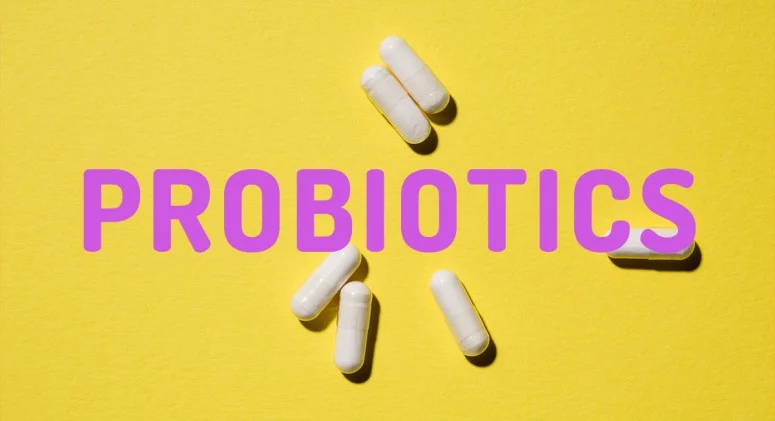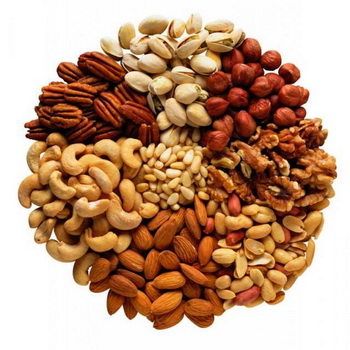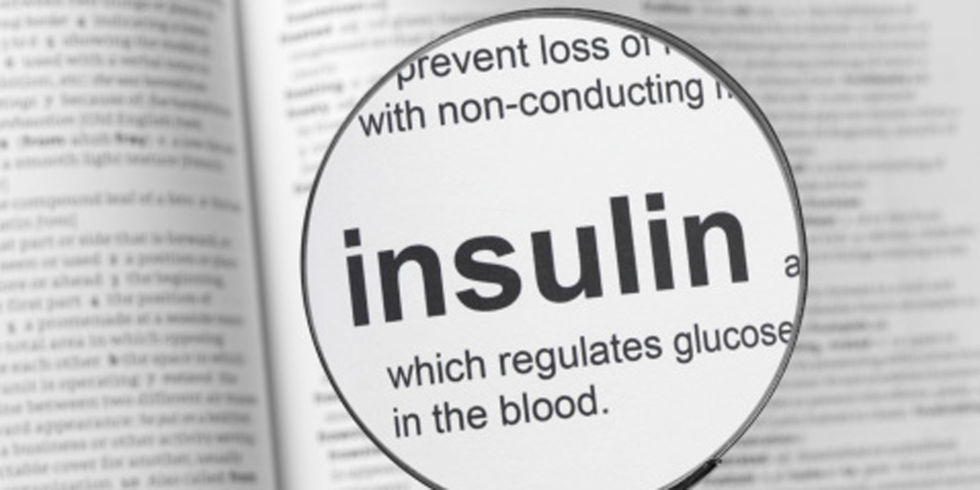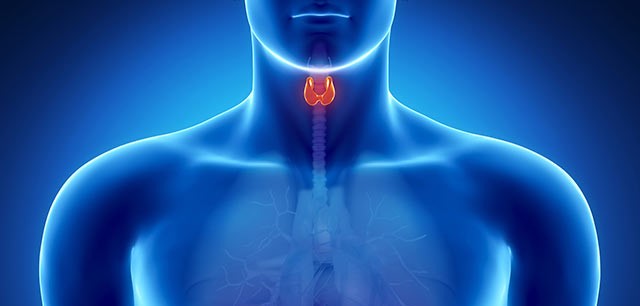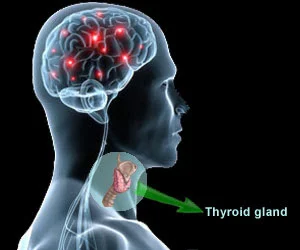A recent study has just been published showing that probiotics can reduce depression in humans, providing further evidence that the bacteria in your gut can affect your mood.
It is estimated that 500 to 1,000 species of bacteria live in the human gut. They help with digestion and the proper functioning of the gastrointestinal tract.
But an increasing amount of research suggests that they also communicate with your brain and affect your behaviour.
In a new randomized, double-blind, placebo-controlled trial, Canadian researchers at McMaster University studied whether one specific strain of beneficial gut bacterium – bifidobacterium longum – would affect patients with depression.
The researchers took 44 adults with irritable bowel syndrome (IBS) and mild to moderate depression, and randomly assigned them to two groups. One group was given the probiotic bifidobacterium longum every day for 6 weeks. The other was given placebo for 6 weeks.
Patients filled out a questionnaire at the beginning and end of the study, which allowed researchers to determine each participant’s level of depression and quality of life.
What’s interesting about this study is that researchers also performaned a Functional Magnetic Resonance Imaging (fMRI) test before and after the study. This allowed them to assess how the probiotic affected brain activation patterns.
What Were The Results?
At the end of the study, 64% of patients taking the probiotic bifidobacterium longum had a significant reduction in their depression, compared to just 32% of patients given placebo. Their quality of life score also increased
And the fMRI analysis showed that multiple brain areas that are associated with depression, including the amygdala and fronto-limbic regions, were less active. The probiotic bifidobacterium longum actually reduced their reaction to “negative emotional stimuli”. In other words, they weren't as negatively affected by sad experiences and images.
“What we found was that the patients that were treated with this probiotic bacterium improved their gut symptoms but, also surprisingly, decreased their depression scores. That means their mood improved. And this was associated also with changes in the brain imaging.
This study shows that consumption of a specific probiotic can improve both gut symptoms and psychological issues in IBS. This opens new avenues not only for the treatment of patients with functional bowel disorders but also for patients with primary psychiatric diseases.”
Even four weeks after the study had concluded, depression scores were still reduced in the patients who had been given the probiotic bifidobacterium longum.
Researchers concluded that the probiotic bifidobacterium longum can reduce depression and increase quality of life. And these improvements were associated with changes in brain activation patterns.
So if you currently struggle with depression, I think supplementing with bifidobacterium longum is worth a try.
Bifidobacterium longum is included in the Optimal Biotics supplement.
I created Optimal Biotics because I want to give my clients and readers the very best probiotic supplement so that they can experience superior results.
I have found that many probiotic supplements on the market fall short and even cause side effects.
But Optimal Biotics doesn't, and it contains the 8 most well-researched and beneficial probiotic strains for your mental health.
In the future, I imagine practitioners will be able to use genome sequencing techniques to determine the microbiome profiles of individuals, which could then be tweaked with probiotics. In other words, there may come a day when we can "biohack" our gut bacteria for optimal mental health.
In the meantime, you can try supplementing with bifidobacterium longum, and if you’re interested in learning more about this new study, you can read the entire abstract at the end of this post.
Other Research on Bifidobacterium Longum
This isn’t the first time that the probiotic bifidobacterium longum has been linked to reductions in depression and improvements in mental health.
Here are some other studies:
In a double-blind, placebo-controlled, randomized study, participants with mild depression took a probiotic that contained bifidobacterium longum and lactobacillus helveticus for 30 days. At the end of the study, the participants had a significantly reduction in depression, cortisol, anger, self-blame, and overall psychological distress. They also displayed higher problem-solving skills.
In another double-blind, placebo-controlled, randomized study, healthy volunteers took bifidobacterium longum and lactobacillus helveticus for 30 days, and the results showed a reduction in psychological stress and cortisol levels.
In an animal study, bifidobacterium longum improved learning and memory during cognitive tests.
In a study of mice under chronic psychological stress, bifidobacterium longum and lactobacillus helveticus reduced cell death in the emotion-processing parts of their brains. It did this by reducing stress hormones and increasing brain-derived neurotrophic factor (BDNF), a protein in the brain that can help reduce depression. Another animal study also found that bifidobacterium longum increases BDNF.
In a study of mice, bifidobacterium longum reduced schizophrenic behaviour.
Conclusion
Conventional medicine tries to correct depression by relying on medications. But unfortunately this often ends up creating new chemical imbalances and nutrient deficiencies.
Supplementation with bifidobacterium longum is a more evidence-based approach.
Human and animal studies show that the probiotic causes favourable biochemical and behavioural changes, leading to significant decreases in symptoms of depression.
For anyone experiencing depression, supplementing with it seems worthwhile and may allow you to reduce your reliance on prescription medication.
Probiotic Bifidobacterium longum Reduces Depression Scores and Alters Brain Activity: a Pilot Study in Patients With Irritable Bowel Syndrome.
Abstract
BACKGROUND & AIMS:
Probiotics can reduce symptoms of irritable bowel syndrome (IBS), but little is known about their effects on psychiatric comorbidities. We performed a prospective study to evaluate the effects of Bifidobacterium longum (BL) on anxiety and depression in patients with IBS.
METHODS:
We performed a randomized, double-blind, placebo-controlled study of 44 adults with IBS and diarrhea or a mixed-stool pattern (based on Rome III criteria) and mild to moderate anxiety and/or depression (based on the Hospital Anxiety and Depression scale) at McMaster University in Canada, from March 2011 to May 2014. At the screening visit, clinical history and symptoms were assessed and blood samples were collected. Patients were then randomly assigned to groups and given daily BL (n=22) or placebo (n=22) for 6 weeks. At week 0, 6 and 10, we determined patients' levels of anxiety and depression, IBS symptoms, quality of life, and somatization using validated questionnaires. At week 0 and 6, stool, urine and blood samples were collected, and functional magnetic resonance imaging (fMRI) test was performed. We assessed brain activation patterns, fecal microbiota, urine metabolome profiles, serum markers of inflammation, neurotransmitters and neurotrophin levels.
RESULTS:
At week 6, 14/22 patients in the BL group had reduction in depression scores of 2 points or more on the Hospital Anxiety and Depression scale, vs 7/22 patients in the placebo group (P=.04). BL had no significant effect on anxiety or IBS symptoms. Patients in the BL group had a mean increase in quality of life score compared with the placebo group. The fMRI analysis showed that BL reduced responses to negative emotional stimuli in multiple brain areas, including amygdala and fronto-limbic regions, compared with placebo. The groups had similar fecal microbiota profiles, serum markers of inflammation, and levels of neurotrophins and neurotransmitters, but the BL group had reduced urine levels of methylamines and aromatic amino acids metabolites. At week 10, depression scores were reduced in patients given BL vs placebo.
CONCLUSION:
In a placebo-controlled trial, we found that the probiotic BL reduces depression but not anxiety scores and increases quality of life in patients with IBS. These improvements were associated with changes in brain activation patterns that indicate that this probiotic reduces limbic reactivity.

